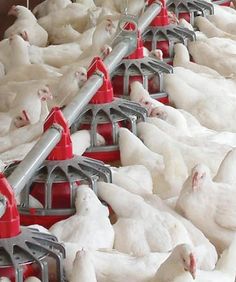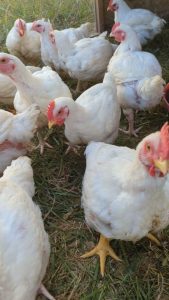Broiler chickens, bred specifically for meat production, exhibit a range of behaviors that reflect their natural instincts and responses to their environment. While primarily raised in controlled environments for efficient meat production, these birds still display behaviors that are essential to their well-being and indicative of their health. Here’s an exploration into the behaviors of broiler chickens and what they signify:
1. Social Interactions: Broiler chickens are social creatures that establish hierarchies within their flock. In a typical broiler house, they will form groups and often pecking orders, which can influence their access to resources like food and water. These social interactions are important indicators of their well-being; stress or discomfort can disrupt these hierarchies.
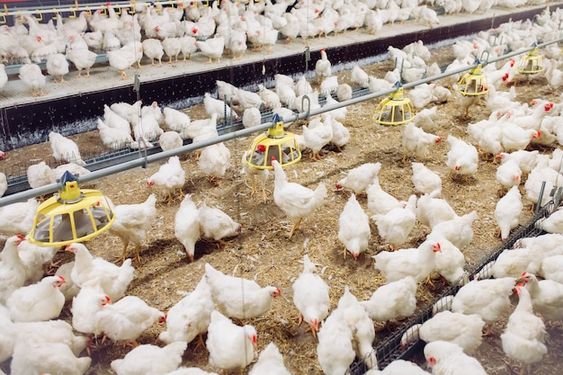
2. Feeding Behavior: Feeding behavior in broiler chickens is crucial for their growth and development. They are known to be voracious eaters, constantly pecking and consuming feed provided to them. Changes in feeding behavior, such as reduced intake or uneven distribution of feed consumption among the flock, can signal health issues or stressors within their environment.
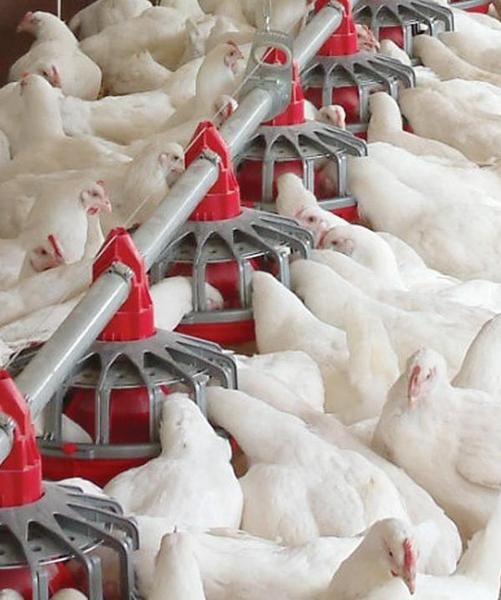
3. Dust Bathing: Like other poultry species, broiler chickens engage in dust bathing as a way to maintain their hygiene. They will vigorously flap their wings and cover themselves in dust or loose materials, which helps in controlling parasites and keeping their feathers in good condition. Dust bathing is a natural behavior that indicates the bird’s comfort level and overall health.
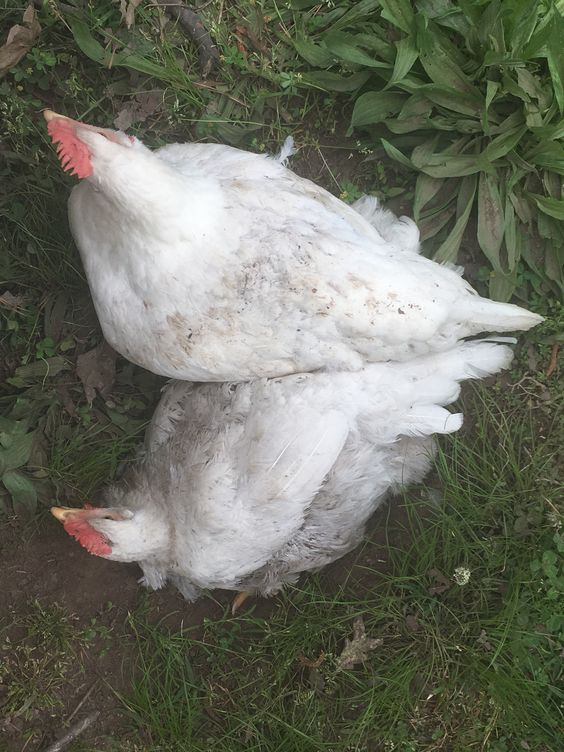
4. Nesting and Roosting: While broiler chickens are primarily raised in environments optimized for meat production, they still demonstrate nesting and roosting behaviors. They may gather in specific areas for rest or sleep, seeking higher ground or quieter spots within their housing. Observing where broilers choose to rest can offer insights into their comfort and preferences.
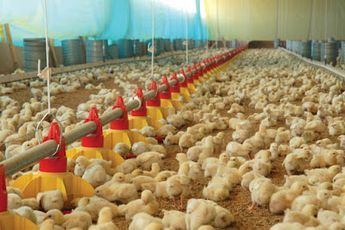
5. Vocalizations: Vocalizations among broiler chickens serve as a means of communication within the flock. They may vocalize to establish territory, call attention to food or water, or signal distress. Familiarizing oneself with these vocal cues can aid in understanding their needs and promptly addressing any issues that may arise.
By the way you should Note that our company can help you to start by giving you all the necessary information you need to get started if not yet in the business. Please check our online shop, we have all the standard business proposals for different capacities at very a cheap price made by the best agricultural specialists as well as Standard design plans that are made by the best agricultural architects around the globe. please visit our online shop now using the links below to witness by yourself
Design plans (FARM HOUSE DESIGNS – Kimd Construction & Farm Consultants)
Business plans (BUSINESS PLANS & PROPOSALS – Kimd Construction & Farm Consultants)
Welcome back from visiting our shop, hope you have placed your order for any of our products or you can place it after navigating more of our informative articles.
So let’s continue with our article!
6. Exploratory Behavior: Broiler chickens are naturally curious creatures and will peck and explore their surroundings. Providing enrichment materials such as perches or objects that encourage natural behaviors can stimulate their mental health and reduce stress associated with confinement.
7. Response to Environment: Broiler chickens are sensitive to their environment, reacting to changes in temperature, lighting, and the presence of humans or other animals. Monitoring their responses to these factors can help optimize their living conditions and ensure their welfare.
Conclusion: Understanding broiler chicken behaviors goes beyond mere observation; it is essential for ensuring their welfare and optimizing production practices. By recognizing and responding to their natural behaviors, farmers and caretakers can create environments that promote both the health and behavioral well-being of broiler chickens. Ultimately, a holistic approach that considers their instincts and needs contributes to more sustainable and humane farming practices.
In essence, broiler chickens exhibit a range of behaviors that provide valuable insights into their health, comfort, and overall welfare. By paying attention to these behaviors, we can enhance our understanding of these birds and improve their living conditions in commercial farming settings.
You can explore more about zero grazing unit for 700 goats.

